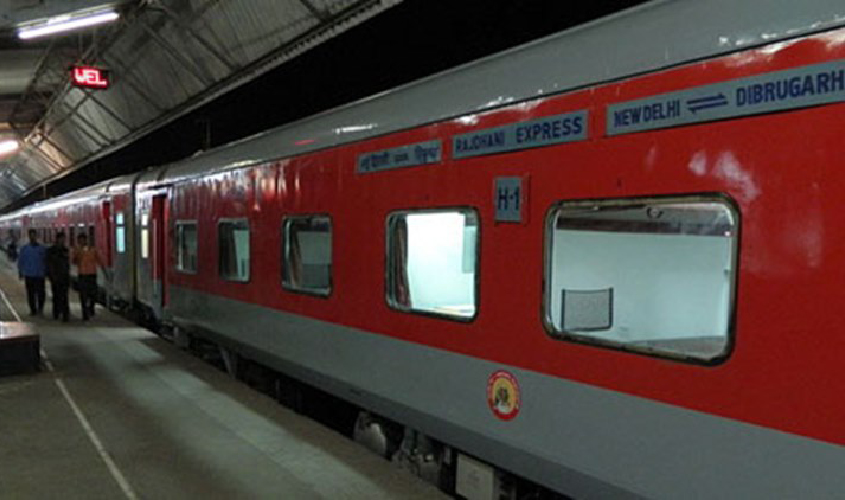Though the government had formed a panel to review it, sources said the dynamic pricing system will stay.
The government is unlikely to do away with the existing flexi-fare system in its premium trains like Rajdhani, Shatabdi and Duronto.
The government has formed a committee to review the flexi-fare system, and the committee is likely to submit its report soon. The committee is trying to assess the impact of the implementation of the flexi-fare system in terms of revenue generated and its impact upon passengers, in terms of their choice of the railways as a means of transport with increased fare.
However, highly placed sources said that in all likelihood, the system will continue.
Sources said even though the premium train passengers account for only 0.35 % of the total passengers carried by the railways in a year, their share in passenger revenues is 13-14%. “There are only 70 premium trains out of 3,000, in which the flexi-fare system is operational. So, a large number of population is unaffected by it,” a source said.
The Ministry of Railways had launched the flexi-fare system in September 2016, and raised railway fares by 50%. Under this system, the fare increases from 10% to 50% with every 10% of the berths booked.
The committee was formed following complaints from different quarters that at times, the prices rose exponentially. The issue was also raised in Parliament where several members demanded that the flex-fare scheme be reviewed.
Last year, Ashwani Lohani, chairman of the Railway Board and former Air India CMD, had set up a committee to look into the viability of introducing a dynamic fare system, along the lines of the airlines.
In the dynamic fare system, the fare is discounted in case the train is not fully booked. In the case of airlines and hotels, initially the prices are low, then the prices go up and later the passengers get discounts on the remaining seats/rooms which remain unoccupied.
However, sources said, Minister of Railways Piyush Goyal was not comfortable with the idea and, therefore, the dynamic fare proposal was shot down. Goyal then asked the committee to review the flexi-fare system, which is likely to submit its report soon.
The committee is headed by Ashwini Lohani and consists of Railway Board officials, along with NITI Aayog advisor Ravinder Goyal, Air India executive director Meenakshi Malik, Transport economics professor S. Sriram and Revenue Director, Le Meridian, Iti Mani.

